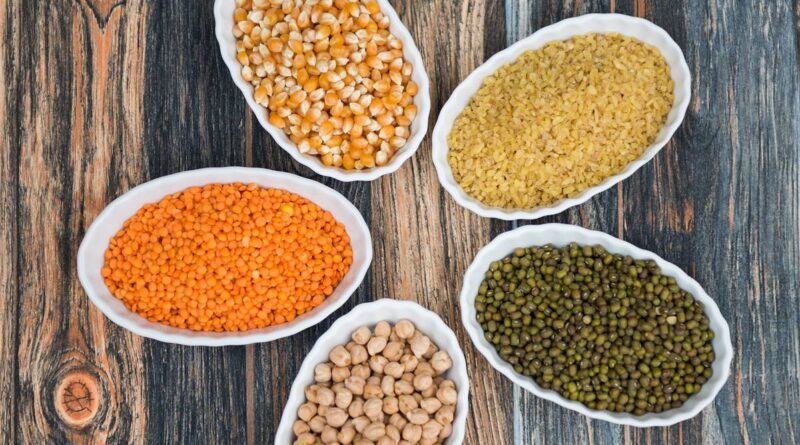Govt aims to boost pulses output via assured purchase
With imports of pulses hitting a six-year peak in FY24 due to rising demand, the government is aiming to incentivise diversion of large tracts of paddy- growing areas especially in non-traditional ones in eastern and central India into production of pulses, through assured purchase arrangements, and by making available quality seeds.
Our pulses growing areas are confined or limited, although there is huge potential in rainfed regions and the expansion of productions would be targeted through providing assured buy back,” an official told FE.
Officials said from the 2024-25 crop season (July-June), agencies such as farmers’ cooperative Nafed and National Cooperative Consumers’ Federation of India (NCCF) have commenced pre-registration of farmers who would grow pulses varieties – tur, urad and mansor for assured purchase under price support scheme (PSS).
Officials said currently, area under pulses is only a fraction of the country’s top crop area, and their cultivation is confined to just 55 districts mostly in Madhya Pradesh, Maharashtra, Karnataka and Rajasthan.
The two agencies have pre-registered 2.1 million farmers in key pulses producing states including Maharashtra, Karnataka, Rajasthan and Madhya Pradesh prior to sowing season for procurement of three varieties of pulses varieties.
“We will purchase these three varieties of pulses, for which we are import dependence, from the farmers using both PSS and Price Stablisation Fund,” the official said,
In the last two years these agencies could not purchase three varieties of pulses as prices were ruling significantly above the minimum support price (MSP) because of decline in production and rise in demand for pulses.
Under the six years mission for attaining self-sufficiency in pulses, Finance minister Nirmala Sitharaman on Saturday had stated the agencies – NAFED and NCCF – will procure pulses varieties – tur, urad and masor as much as offered during the next four years from farmers “who register with these agencies and enter into agreements,”.
The country’s pulses production increased to 24.24 million tonne (MT) in 2023-24 crop year from 23.02 MT in 2019-20 crop year. The pulses output did touch 27.3 MT in 2021-22. “The increase in demand for pulses with rising income levels has far surpassed nominal increases in output,” an official said.
The key objective of the pulses mission would be to boost availability of climate resilient seeds, enhance productivity and assure remunerative prices to the farmers who grow pulses varieties, which the country imports in significant quantities.
In the last five years ending FY24, India has imported more than 11% of its annual pulses consumption mostly from Canada, Russia, Australia, Myanmar, Tanzania, Malawi and Mozambique.
Decline in production during the last two years and increase in domestic demand led to significant increase in market prices and imports reached at 6-year peak of nearly 4.8 MT in 2023-24,” according to the report on price policy for rabi crops for marketing season (2024-25) by the Commission for Agricultural Costs and Prices (CACP).
The Commission has recommended that availability of quality seed, dissemination of region-specific and system-based technologies and packages of practices and remunerative prices to farmers should be ensured.
This article has been republished from The Financial Express.

